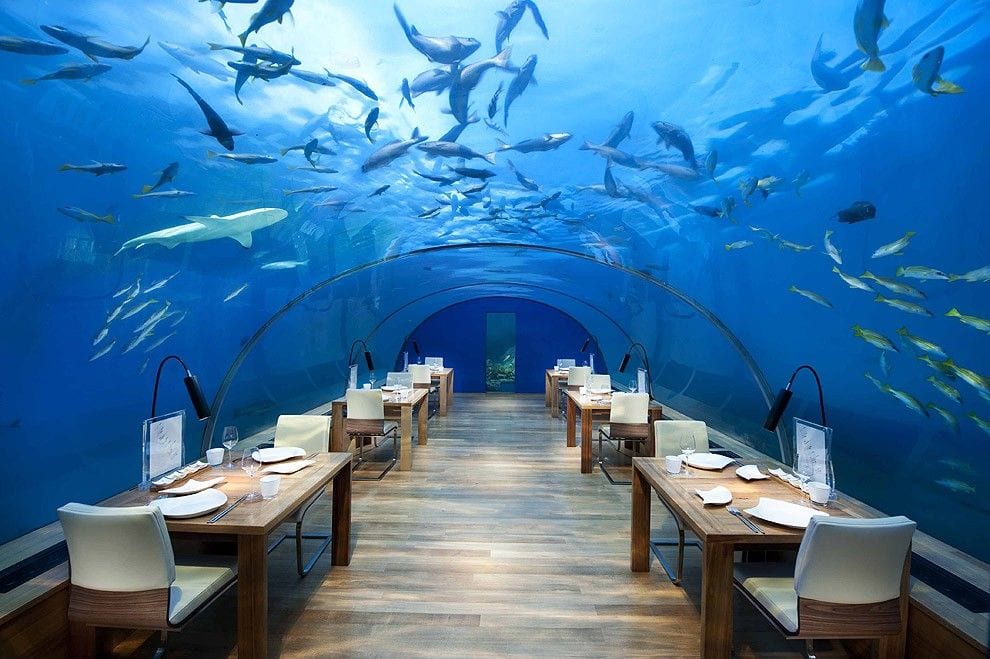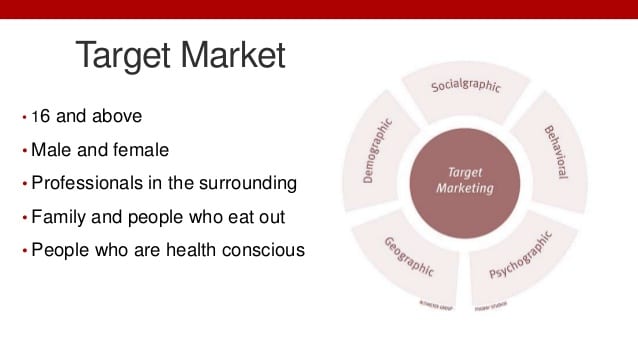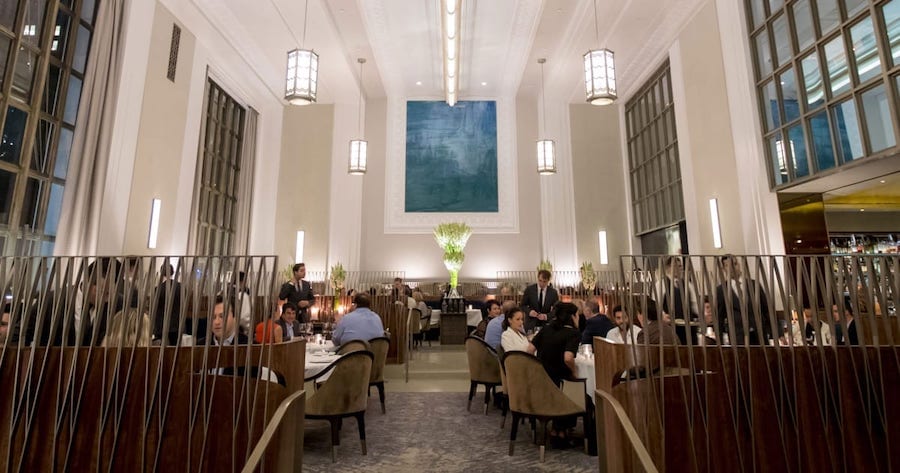Restaurant Marketing Plan – Planning For Success

A well thought out restaurant marketing plan is a vital tool for restaurant owners.
Most restaurant owners focus on specific marketing possibilities, to gain new customers rather than creating an overall marketing plan.
Successful restaurant owners rely on a strategic restaurant marketing plan to grow their business.
They focus on and improve the essential channels that work.
Some restaurants rely on their tasty cuisine and chef expertise, but for most restaurants, this is an unrealistic strategy.
In an ideal world a restaurant could just rely on it’s food, but in this era of mass population, globalisation and saturated markets, restaurant owners have to stay competitive with an excellent thought out restaurant marketing plan.
This article features workable marketing plans and how to create them.
Also, you’ll learn how to start building a professional plan to create a long-term and healthy pipeline of customers.
Wouldn’t it be nice to hear people say…
“Wow, this restaurant is the best.” This restaurant is so popular?”.
An empty restaurant is not a good restaurant.
Here are the steps for creating a robust restaurant marketing plan:
Step 1: Ask important questions
Step 2: Build your plan
Step 3: Finalize your ideas
Step 4: Track everything you do
Step 5: Get case studies and inspiration

For a restaurant to be successful, all you need is the right marketing plan – a plan with the right set of principles delivered unwaveringly.
Almost every restaurant tackles marketing the wrong way; they begin by creating different ideas.
“Let’s create an email list.” “We need an Instagram page.” Let’s go give massive discounts.”.
It’s disjointed, it’s not specific and this type of marketing doesn’t work in unison.
You need to think about the different aspects and implement each process step by step.
Here are some good restaurant marketing plan practices to employ.
Step 1 – Ask Important Questions
What do you want to achieve?
You want to get more customers and drive traffic, right? Yes, but you need to be more precise than that.
Begin with your main goals.
For example:
“We want to raise the number of covers by 30% every week”. It can also be: “we want to increase weekly profit from midweek lunches by £2,000.”
Make sure you create realistic goals.
Who are your target audience?
Knowing who your customers are and engaging with them via various channels is an essential element of your successful restaurant marketing plan.

What’s your mission?
If you analyzed successful restaurants today, they all have one thing in common – a mission statement.
You should intelligibly define your mission statement and refine your restaurant’s values.
These statements will help give your restaurant an identity.
And understanding this identity will help you make critical decisions when it comes to your restaurant marketing plan.
What message do you want to convey to your customers?
After stating your restaurant mission, it’s time to create a headline potential customers can relate to.
Some examples include:
- We cook tasty and simple meals.
- We offer unique and personalized recipes.
- We provide a beautiful, clean and friendly environment.
Step 2 – Build Your Plan
It’s time to start building your restaurant’s marketing plan.
We have come up with an extensive list of different restaurant marketing ideas you can try today – 101 to be exact!
When it comes to marketing, you need to experiment; it is wise to create a concept and then evaluate it.
If it is accurate, you will create an effective marketing plan in no time.
What do we mean by creating a concept? It’s simply proposing an idea that will yield a specific result.
For instance:
“By running an ad on Bloc, and with offers, we can gain 100 new customers per month.”
So how can you come up with a good concept?
- Take a look at your competition offerings. Even though the restaurant is different, it’s still the same target market.
- If you’ve previously implemented a successful restaurant marketing plan, you can revert to it
- Learn about marketing – it not too late to learn.
- Ask experts

Step 3 – Finalize Your Ideas
You’re almost there!
The next step is to finalize and create a plan.
First, decide on the best strategies.
Let’s say you have 6 fantastic ideas; you need to choose where to start.
So which idea are you going to focus on? How are you going to begin?
You can rate the ideas on a 1 poor-5 best scale.
You can rate the following:
- Will the idea be time-consuming to implement?
- What’s the cost of executing the idea?
- Do you have the right skill to implement the idea?
- Will the idea work? What are the risks?
- If you pause a strategy (e.g. posting on Facebook or IG), will it affect your reputation?
After asking these vital questions, make sure you score each idea.
Second, keep going!
Assess your plans each month to ensure that you always keep the primary business goal in mind.
A restaurant marketing plan is an ongoing process – not a one-off process.
Once you get a perfect plan that works, you can create more aggressive plans to increase your successes by investing more resources into them.
Step 4 – Track Everything You Do
The next step is to monitor everything!
This is vital so you can appraise how successful your plans are and go over it again efficiently.
Let’s say your 1-year business goal is to boost revenues within 12 months by 20%. It will be easier for your restaurant to turn this into profit.
For instance, you may want to turn £500,000 in the first quarter, £535,000 in the second quarter, and so on.
Make sure that your goal is easy to understand and track.
You can then break it down into marketing objectives.
In the first quarter, we will generate 25% more bookings through online bookings.
And in the second quarter, we will create 7% more bookings via open tables.
You can use a spreadsheet to monitor the financial metrics.
It should contain the actual budget and budget revenues for different weeks.

Step 5 – Case Studies & Inspiration
Restaurant Case 1: Eleven Madison Park is an American restaurant, regarded as one of the best restaurants in the world.
What did they want to achieve? Eleven Madison Park wanted to create a unique and memorable experience for their guests to increase table bookings by word of mouth.
Their plan: They use 1st class customer service as a way to drive word of mouth marketing and happy customers.
How they do it: Aside from their tasty 8-course meal, when a customer walks into their restaurant, there’s always someone there to welcome them. Further, Eleven Madison Park engages with its customers by picking up verbal or visual cues.
They collect little pieces of information and use it to create a memorable experience for their guests.
Presently, they have specific people (Dreamweavers) to create these experiences. For example, if they hear a customer say that they forgot to get a toy for their child, the Dreamweaver will create a toy.
Picture this: while eating, you mention a toy, and 20 minutes later, a custom made toy arrives at your table! Amazing right?

Restaurant Case 2: In 2012, Mei Mei started a food truck in Boston, and after being declared the ‘Best meal on Wheels in Boston’, they launched a restaurant soon after.
What did they want to achieve? Mei Mei wanted to utilise social media to drive customers to their restaurant.
Their plan: They employed social media to form a relationship with customers. One strategy they use is to showcase staff members and their skills. They also offered classes to display how they prepare their food.
How they do it: By being original and displaying their techniques and staff on social media, they create a connection with their customers that helps bring their customers into their world.

Final Thoughts
There are several techniques to market your restaurant.
It would be best if you don’t fixate on a wide variety of ideas; instead, create a framework that can sustain and back your restaurant marketing plan over the long term.



